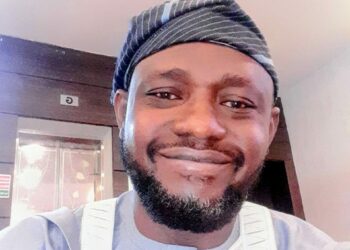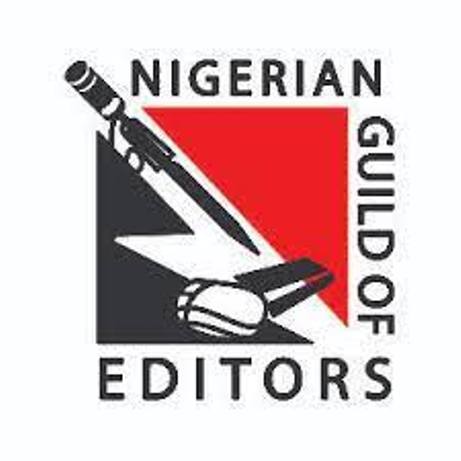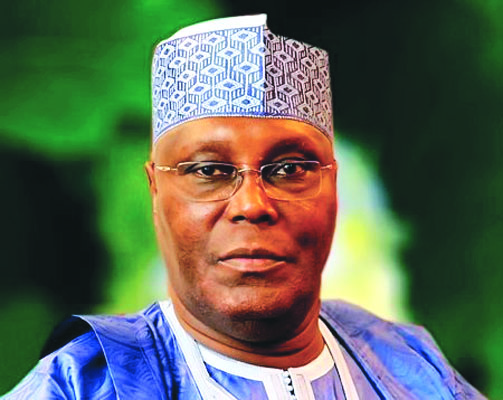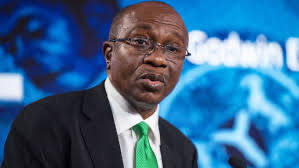Is Nigeria a Failed State? By Julius Ogunro
The apparent answer is, ‘No, Nigeria is not a failed state.’ But that response doesn’t capture the full nuances and complexities that the question requires. So, what is a failed state? Development scholars have no unanimity on a single definition of the term or when a nation should be considered failed.
However, a broad definition of a failed state should show a country without a functioning government, where its institutions, due to social, political, or economic pressure, are broken, dysfunctional, and exist largely in name only.
Common features of a failed state include the inability to effectively enforce law and order, tax citizens, loss of control over a large territory, widespread violence and insecurity, economic decline and widespread poverty, displacement and humanitarian crises, lack of basic services, weak or ineffective governance, and limited international recognition.
Because this definition and its intrinsic features are so broad, many developing countries would apparently fit into the category of a failed state since they face one or a combination of these challenges. But being poor and underdeveloped should not automatically mean a country has ‘failed.’
Many developing countries, especially in Africa, struggle with the provision of basic services such as power and water; experience economic decline and widespread poverty, in addition to extensive violence and insecurity. Yet, these countries have functioning (but weak) national governments and somewhat strong institutions such as the police and the army. The government’s sovereignty also extends across the whole country and is recognized globally as the legitimate authority in the land.
There are, however, classic examples of failed states where there is little debate about the accuracy of the term. A good example is Haiti, the poorest country in the northern hemisphere, where, according to the World Bank, around 60 percent of its 12 million population live in poverty.
But poverty is not the reason why Haiti is easily categorized as a failed state. It is because of the failure of its government and the shrinking space it controls, in comparison to non-state actors such as gangs which increasingly control large portions of the land and are the de-facto authority there.
The UN estimates that 60 percent of Port-au-Prince, Haiti’s capital, is controlled by armed gangs, and over 150,000 people have been displaced by violence. Homicide, rape, armed robbery, kidnapping, and lynching are prevalent in the country. With the national police powerless to stem the tide, the people increasingly resort to self-help and vigilante justice which further fuel the cycle of violence.
Although, Haiti has always been a weak state, its slide into anarchy began in 2021 with the assassination of its former president Jovenel Moïse by foreign mercenaries, mostly Colombians and a few Haitian Americans. Since that time, it has not conducted any elections to replace the assassinated president or the lawmakers whose tenure has now expired. The current de facto ruler Ariel Henry was an appointee of the late president and so technically Haiti doesn’t have a legitimate government put in place by the people.
Yemen, Libya, and Somalia are the other countries easily regarded as failed states. These countries are at war, with the central government lacking real authority outside the capital or a few sub-regional areas. State institutions such as the police and the army are nonexistent or weak where they exist, sharing authority with non-state actors such as gangs or rebel groups. Consequently, public services have collapsed, and there is weak or ineffective governance and an inability to enforce law and order.
Based on these extreme cases, Nigeria is not a failed state. We have a central government that is universally recognized as the sovereign authority, as well as sub-regional governments with well-defined roles and responsibilities. Our state institutions such as the judiciary, the police, and the army are strong and have authority across the country.
Though weak, there is an effort to provide essential public services such as education, electricity, water, and roads, across the country by the federal and state governments. We also have functional and large civil services and a strong sense of a national boundary.
But these positives do not tell the whole story. Nigeria is also a bitterly divided country, facing serious sectarian crises and agitations for the dissolution of the federation. In the North East, especially in Borno State, a large portion of the area is under the control of Islamist groups Boko Haram and its offshoots, ISWAP. These groups seek an Islamist theocracy in Borno and other adjacent states. They do not recognize the authority of the federal and state governments and impose a harsh interpretation of the Sharia in the areas under their control.
In the southeast, the ESN, the armed wing of the separatist group IPOB, wages a low insurgency battle against the Nigerian state, through kidnapping, armed robbery, and terrorism. The ESN/IPOB is so effective that it successfully imposes a dawn-to-dusk curfew on the five states of the region on Mondays. Unlike Boko Haram and ISWAP, it does not hold any territory but is fearsome and seeks the dissolution of Nigeria, with the southeast becoming an independent Biafra Republic.
In the northwest, banditry is rife, especially in Zamfara, Katsina, and Sokoto states. Many areas in those places are in the firm grips of notorious bandits who are the de-facto law and order. There are even reports of crime kingpins collecting taxes and imposing laws regarding movement, trade, and other activities.
In the North-Central, there is an appalling level of insecurity with the herder/farmer conflicts claiming thousands of lives. Southern Kaduna, Benue, and Plateau appear to have become killing fields with people being slaughtered daily. This week alone, over 130 people were killed in Mangu and Riyom local governments in Plateau State, and many houses were destroyed. Such killings have become all too common and rarely make the front pages of the newspaper.
So while Nigeria may not be officially regarded as a failed state, it is evidently not an example of a stable and mature democracy either. It, in fact, exhibits many features of a fragile state, including economic decline and widespread poverty, extensive violence and insecurity, and notably, the loss of some territory to non-state actors. But these symptoms have not coalesced nor developed into a full-blown disease yet and have therefore not overwhelmed the government.
While that may be a cause to cheer, we should be wary because failed states don’t suddenly happen. It often begins with the gradual erosion of national sovereignty and the weakening of state institutions through corruption, nepotism, and politics, a situation Nigerians are currently very familiar with.
In conclusion, while Nigeria may not be a failed state, it is definitely a frail one.




